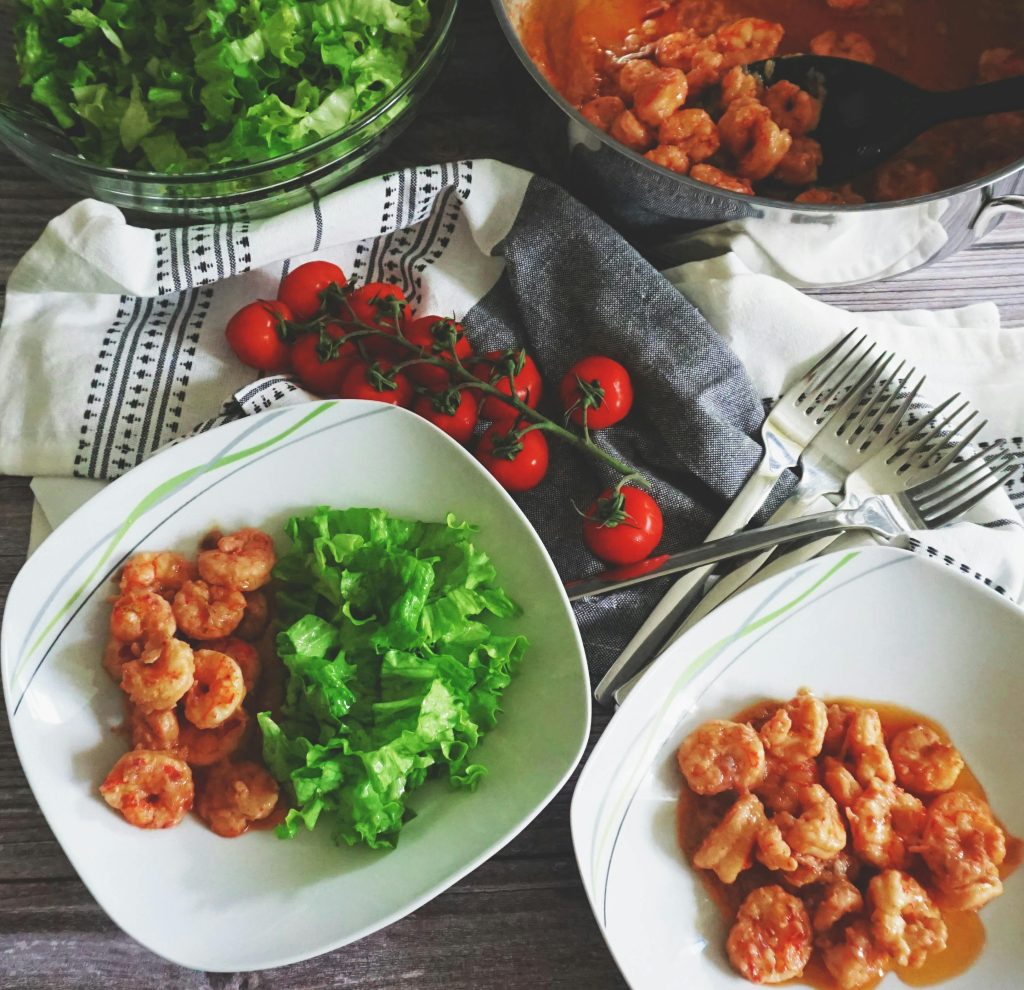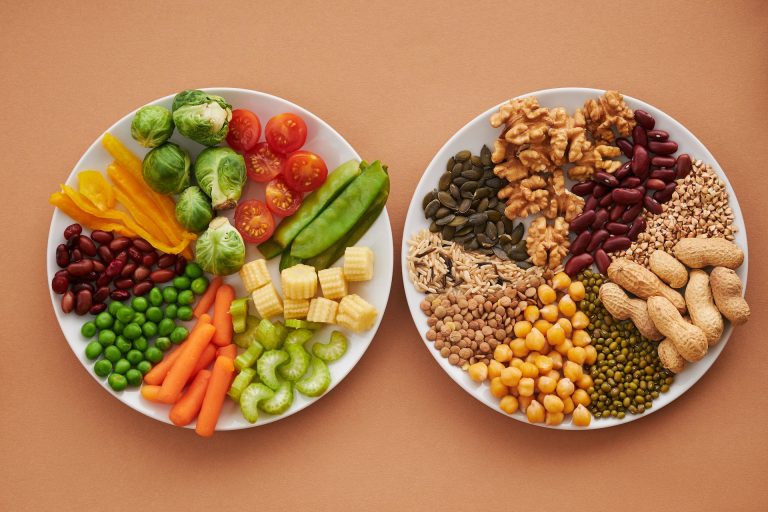9 Ways For Healthy Summer Lifestyle
A healthier summer lifestyle is crucial for several reasons. Firstly, the summer season often brings increased physical activity and time spent outdoors, making it essential to prioritize health to support these activities effectively. Engaging in regular exercise and outdoor recreation during the summer promotes cardiovascular health, strengthens muscles and bones, and boosts mood and mental well-being.
Moreover, summer is often associated with social gatherings, vacations, and indulgent foods, making it easy to veer off track from healthy habits. By adopting a healthier lifestyle in summer, individuals can navigate these temptations more mindfully, making choices that support their overall health and well-being.
Furthermore, the warmer weather can pose unique health challenges, such as dehydration, heat-related illnesses, and skin damage from prolonged sun exposure. By prioritizing hydration, sun protection, and nutritious food choices, individuals can safeguard their health and prevent these issues.
Additionally, a healthier summer lifestyle sets a positive foundation for long-term health and well-being. Healthy habits formed during the summer can carry over into other seasons, leading to sustained improvements in physical fitness, energy levels, and overall quality of life.
Overall, prioritizing a healthier summer lifestyle is important for optimizing physical and mental health, enjoying seasonal activities to the fullest, and laying the groundwork for a lifetime of wellness.
Here are 9 Ways For Healthy Summer Lifestyle
1.Load Up on Fresh Fruits and Vegetables:
In the summer months, nature provides an abundance of fresh fruits and vegetables, making it the perfect time to load up on these nutrient-packed foods for a healthier lifestyle. Fruits like berries, melons, and stone fruits are not only delicious but also rich in vitamins, antioxidants, and fiber, which support overall health and immune function. Similarly, vegetables such as tomatoes, cucumbers, and leafy greens offer essential nutrients like vitamins A, C, and K, as well as minerals like potassium and magnesium.

Incorporating these fresh produce items into your diet can help hydrate the body, promote digestion, and provide a natural source of energy. Additionally, the variety of colors in fruits and vegetables indicates a range of phytochemicals, each offering unique health benefits. By embracing seasonal produce in the summer, you not only nourish your body but also enjoy the vibrant flavors and textures nature has to offer, supporting a holistic approach to wellness.
2.Stay Hydrated:
Staying hydrated is essential for maintaining a healthier lifestyle, especially during the summer months when temperatures rise and the body loses fluids more rapidly. Adequate hydration supports various bodily functions, including temperature regulation, digestion, and nutrient absorption. Drinking plenty of water throughout the day helps replenish lost fluids, prevents dehydration, and supports overall well-being. Additionally, staying hydrated can boost energy levels, improve cognitive function, and enhance physical performance during outdoor activities or exercise.

Alongside water, consuming hydrating foods like fruits, vegetables, and soups can contribute to fluid intake. It’s important to be mindful of signs of dehydration, such as thirst, dry mouth, fatigue, and dizziness, and to drink water regularly to prevent these symptoms. By prioritizing hydration in the summer, you can support your body’s health, vitality, and resilience to heat-related stressors, promoting a more vibrant and active lifestyle.
3.Opt for Lighter Meals:
Opting for lighter meals during the summer months can contribute to a healthier lifestyle in several ways. Heavy, rich foods can weigh us down and make us feel sluggish, especially in the heat. Instead, choosing lighter options such as salads, grilled vegetables, lean proteins like fish or chicken, and fruit-based desserts can help us feel more energized and refreshed. These lighter meals are often packed with essential nutrients like vitamins, minerals, and fiber, promoting overall health and well-being.

Moreover, lighter meals are easier to digest, reducing the risk of discomfort or indigestion, particularly in hot weather when our bodies may already be working harder to regulate temperature. By incorporating more fresh, seasonal ingredients into our meals and focusing on lighter, nutrient-dense options, we can support our bodies in staying healthy, active, and vibrant throughout the summer months.
4.Include Lean Proteins:
Including lean proteins in your summer diet is crucial for maintaining a healthier lifestyle. Lean proteins, such as chicken breast, turkey, fish, tofu, and legumes, offer essential amino acids necessary for muscle repair, growth, and overall bodily function. During the summer months, when physical activity tends to increase with outdoor sports and recreational activities, adequate protein intake becomes even more important for supporting muscle recovery and replenishment of energy stores.

Additionally, lean proteins are often lower in saturated fats and calories compared to fatty cuts of meat, promoting heart health and weight management. Grilling or baking lean proteins can enhance their flavor without adding excess calories or unhealthy fats, making them an ideal choice for summer meals. By incorporating lean proteins into your diet alongside plenty of fruits, vegetables, and whole grains, you can enjoy a well-rounded, nutritious diet that supports your health and fitness goals throughout the summer season.
5.Experiment with Plant-Based Meals:
Experimenting with plant-based meals during the summer months can lead to a healthier lifestyle in several ways. Plant-based diets rich in fruits, vegetables, whole grains, nuts, seeds, and legumes are naturally high in fiber, vitamins, minerals, and antioxidants, which support overall health and well-being. In the summer, when fresh produce is abundant, incorporating more plant-based meals into your diet can help you take advantage of seasonal flavors and nutritional benefits.

Plant-based meals are often lighter and easier to digest, making them ideal for warmer weather when heavy, rich foods may feel less appealing. Additionally, reducing reliance on animal products can lower intake of saturated fats and cholesterol, benefiting heart health and weight management. Experimenting with plant-based cooking can also spark creativity in the kitchen and introduce you to new flavors and culinary techniques. By embracing plant-based meals in the summer, you can nourish your body, support the environment, and enjoy a diverse and satisfying diet.
6.Enjoy Homemade Frozen Treats:
Indulging in homemade frozen treats during the summer months can contribute to a healthier lifestyle in several ways. Making your own frozen treats allows you to control the ingredients, avoiding excessive sugars, artificial additives, and preservatives commonly found in store-bought options. By using natural sweeteners like honey, maple syrup, or fruit purees, and incorporating fresh fruits and low-fat dairy or plant-based alternatives, you can create delicious and nutritious frozen desserts that are lower in calories and higher in vitamins, minerals, and antioxidants.

Homemade treats also offer the flexibility to accommodate dietary preferences and restrictions, such as vegan or gluten-free diets. Furthermore, making frozen treats at home can be a fun and rewarding activity for the whole family, encouraging creativity in the kitchen and promoting bonding time. By enjoying homemade frozen treats in moderation, you can satisfy your sweet tooth while nourishing your body with wholesome ingredients, supporting a balanced and healthier summer lifestyle.
7.Limit Processed Foods and Sugary Drinks:
Limiting processed foods and sugary drinks during the summer is essential for maintaining a healthier lifestyle. Processed foods often contain high levels of unhealthy fats, sodium, and artificial additives, which can contribute to weight gain, inflammation, and various chronic health conditions. Instead, focus on consuming whole, minimally processed foods like fruits, vegetables, whole grains, lean proteins, and healthy fats.
These nutrient-dense options provide essential vitamins, minerals, and antioxidants that support overall health and well-being. Similarly, reducing intake of sugary drinks such as soda, sweetened iced tea, and fruit juices can help lower sugar consumption, prevent spikes in blood sugar levels, and reduce the risk of obesity, type 2 diabetes, and dental issues. Opt for hydrating beverages like water, herbal teas, or infused water with fresh fruits and herbs to stay cool and hydrated without added sugars. By prioritizing whole foods and healthier beverage choices, you can enjoy a more vibrant and energized summer lifestyle while supporting your long-term health goals.
8.Practice Mindful Eating:
Practicing mindful eating during the summer can enhance your overall well-being and contribute to a healthier lifestyle. With an abundance of fresh produce and outdoor dining opportunities, summer is the perfect time to tune into your body’s hunger and fullness cues, as well as savor the flavors and textures of your meals. Mindful eating involves paying attention to what you’re eating, slowing down to enjoy each bite, and being fully present in the moment without distractions.
Achieving a Healthy Body through Comprehensive Nutrition and Complete Diet Planning
By practicing mindfulness at meal times, you can foster a greater appreciation for food, increase satisfaction, and promote better digestion. Additionally, mindful eating can help prevent overeating and support weight management goals. Take advantage of the summer season by dining al fresco, engaging your senses, and savoring the vibrant colors and flavors of seasonal fruits and vegetables. By incorporating mindful eating practices into your summer routine, you can cultivate a healthier relationship with food and nourish your body and mind from within.
9.Plan Ahead and Pack Healthy Snacks:
Planning ahead and packing healthy snacks for summer outings is key to maintaining a healthier lifestyle. Whether you’re heading to the beach, going on a hike, or spending a day at the park, having nutritious snacks readily available can help you avoid the temptation of unhealthy options and keep your energy levels up. Opt for portable snacks like fresh fruit, cut-up vegetables, nuts, seeds, whole grain crackers, or homemade energy bars. These snacks provide essential nutrients and fiber to keep you feeling satisfied and fueled throughout the day.

By planning ahead, you can also ensure that you’re prepared for any unexpected hunger pangs, preventing impulsive choices that may not align with your health goals. Additionally, packing your own snacks allows you to control portion sizes and ingredients, avoiding excess sugars, sodium, and unhealthy fats often found in pre-packaged snacks. With a little foresight and preparation, you can enjoy summer activities while nourishing your body with wholesome, satisfying snacks.
Eating well during the summer doesn’t have to be complicated or restrictive. By incorporating fresh fruits and vegetables, staying hydrated, opting for lighter meals, including lean proteins and plant-based options, enjoying homemade frozen treats, limiting processed foods, practicing mindful eating, and packing healthy snacks, you can nourish your body and maintain a healthy lifestyle all summer long. So, embrace the flavors of the season and let your meals support your health and well-being.






